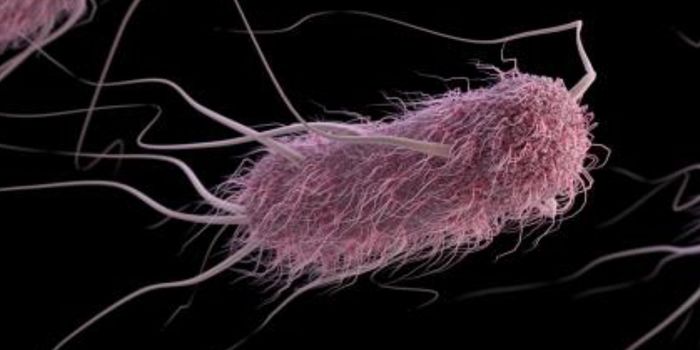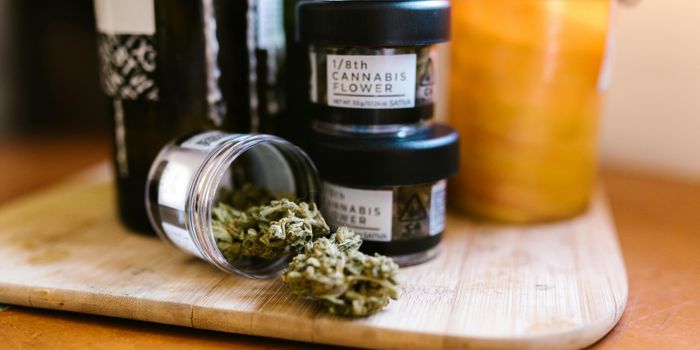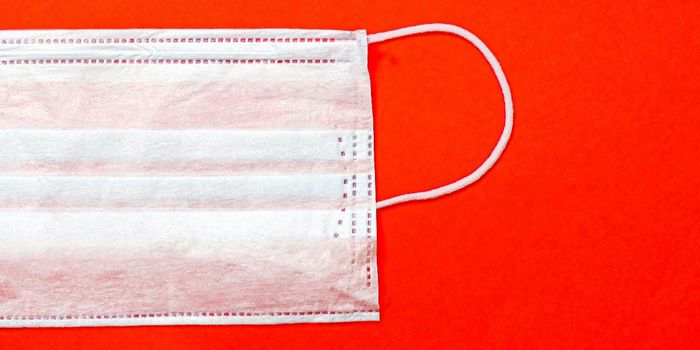Drug Prevents Coronavirus in Monkeys
An antiviral drug successfully prevented Middle East respiratory syndrome coronavirus (MERS-CoV) in infected rhesus macaques. The drug, Remdesivir, was administered in the macaques before infection and improved their condition after infection. These findings are according to a new report from the NIH's National Institute of Allergy and Infectious Diseases (NIAID) and is published in the Proceedings of the National Academy of Sciences.
Learn more about the coronavirus:
MERS-CoV is similar to the 2019 novel coronavirus (SARS-CoV-2) that first emerged as a public health crisis in Wuhan, China. Previous studies observed the protection of animals against a variety of viral infections due to Remdesivir administration. Now, it was shown to experimentally treat monkeys with Ebola and Nipah viruses.
The present study investigated animals for six days that were 1) treated with remdesivir 24 hours before infection with MERS-CoV 2) those treated 12 hours after infection and 3) untreated control animals that showed signs of respiratory disease. The pre-infection animals had no signs of respiratory disease and no lung damage along with low levels of virus replication in the lungs in comparison to the control animals. For animals treated after infection, symptoms of the disease were less severe than in control animals.
The promising findings of the study encourage researches to push for clinical trials of remdesivir for MERS-CoV and COVID-19, the disease that SARS-CoV-2 causes. In fact, several studies for clinical trials of remdesivir for COVID-19 are under way in China, and other patients with COVID-19 have received the drug under a compassionate use protocol.
Source: Science Daily









